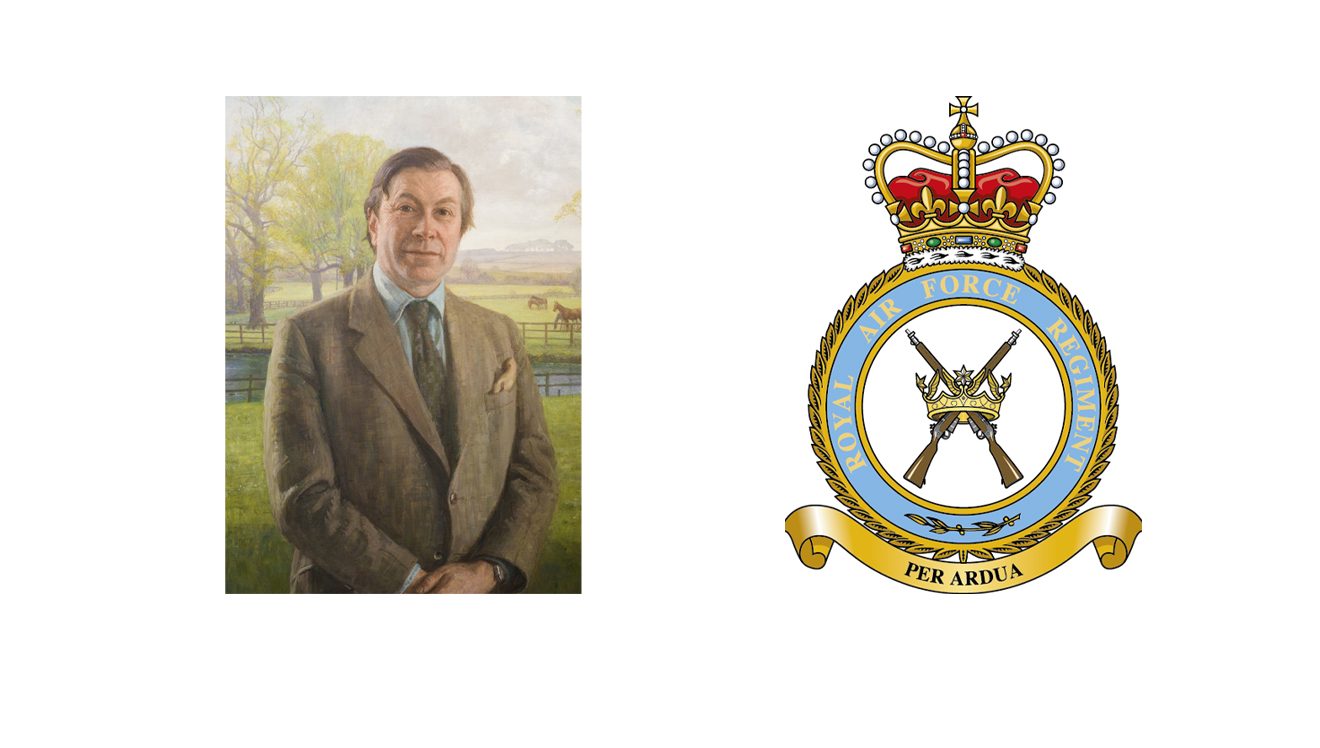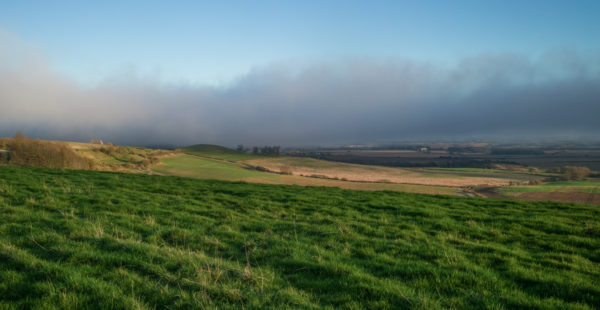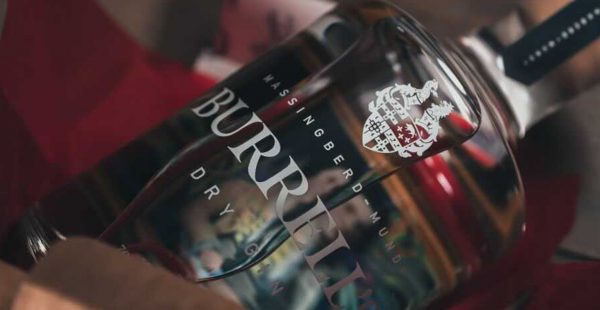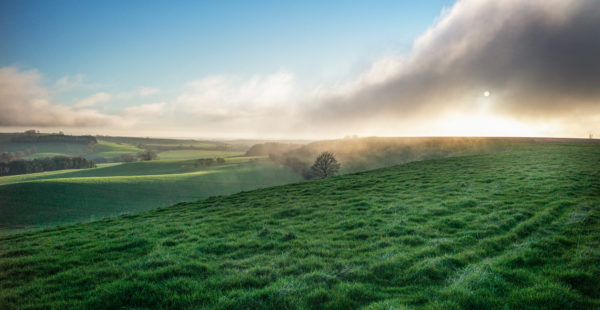Raw Hands, National Service & Proper Fitness – a Life on the Land, Part 1
Dennis Hotchin, now 83-years old and living in Louth, spent most of his working life at South Ormsby Estate and experienced a great deal of change first-hand.
At the age of 16, Dennis worked for a baker at the Tetford mill. He took over the job when his elder brother was called up for National Service. Dennis didn’t much care for bakery work, so after a year in the job he was ready for a change. He saw that Adrian Massingberd-Mundy had advertised in the local paper for a general labourer at South Ormsby Estate and applied.
Dennis went to see the Squire in October 1954, and in short order was offered the job to start the following Monday. The Squire had just left the Royal Navy having served as a submariner. Dennis was 17-years old at the time and the Squire 27; he would often remind Dennis that he was 10 years his senior.
Dennis vividly remembers his first job; taking mangels to the sheep by hand on a frosty October morning. At that time, the estate grazed sheep outdoors all-year round, apart from when the ewes came in for lambing. Mangels were grown on the estate as winter fodder, making the flock self-sufficient. Dennis’s hands were raw after this experience.
Dennis saw Squire Adrian nearly every day. Bells of Horncastle ran the estate office, but the Squire was very hands-on and Dennis remembers him as a lovely person who was really good to work for; an old-fashioned gentleman farmer who called you by your first name. The Squire tended not to go away on holiday, apart from occasional fishing trips to Scotland.






